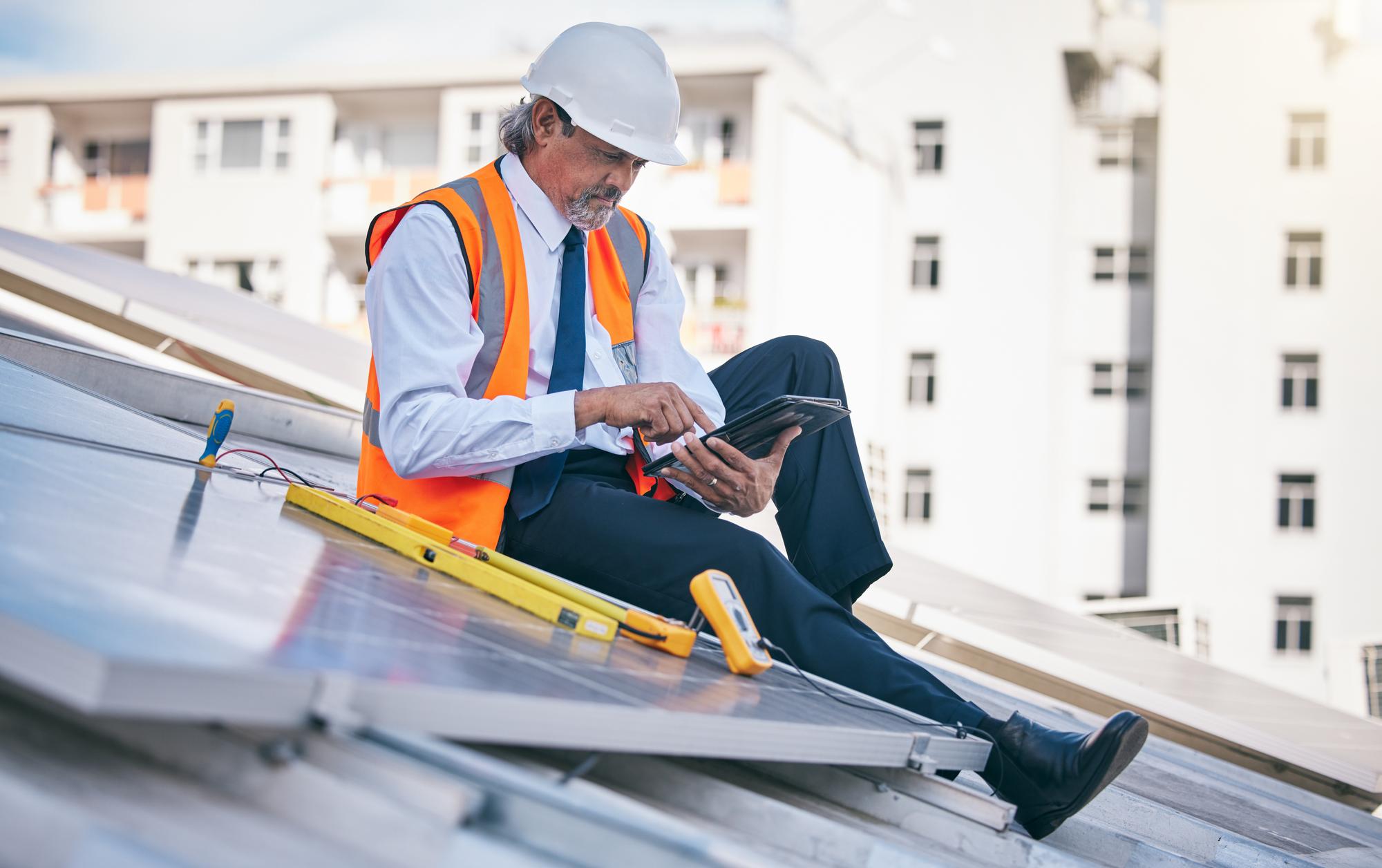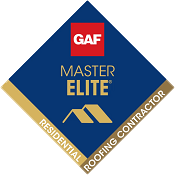Roofs often go unnoticed until their integrity falters. Yet, in the dynamic world of real estate transactions, overlooking its health can turn your dream investment into a nightmare. This is where shingle roof inspection step in, empowering buyers and sellers to navigate the process with confidence and informed decision-making.
Why Prioritize a Shingle Roof Inspection?
Asphalt shingles are the most common type of roofing material in the U.S, according to the Asphalt Roofing Manufacturers’ Association. However, while they are durable and have a good life expectancy, asphalt shingle roofs can suffer damage and, like all roofing materials, they have a finite lifespan.
In a real estate transaction, buyers can benefit from knowing the current condition of the roof – one of the most important (and costly) components of a home. A Shingle Roof Inspection ensures a thorough evaluation of the roof’s integrity, identifying potential issues that might compromise its durability and performance.
Imagine the peace of mind of knowing your potential investment stands strong against the elements. An inspection exposes hidden flaws like missing shingles, damaged flashing, improper ventilation, and even signs of leaks. Early detection translates to proactive repairs, saving you from costly surprises and extensive damage down the line.

But the benefits extend beyond immediate peace of mind:
- Negotiation Power. Knowledge is power, and a detailed inspection report provides a clear picture of the roof’s lifespan. Buyers can factor in potential replacement costs for fair purchase offers, while sellers can leverage remaining life as a selling point, commanding a higher price.
- Smoother Transactions. Many lenders require a satisfactory inspection report. By fulfilling this prerequisite early on, you avoid delays and complications, ensuring a smooth journey towards closing.
Different Types of Roof Inspections
When it comes to inspecting a roof, there are typically three methods that can be employed: visual inspection, drone inspection, and physical inspection.
Visual Inspection

A visual inspection is conducted at ground level and offers a general overview of the roof’s condition, identifying any visible damage or potential problem areas. Inspectors typically use binoculars or other magnification aids to closely examine various aspects of the roof.
They’ll look for signs of wear and tear, such as missing or curling shingles, damaged flashing, or sagging areas that might indicate structural issues. They’ll also pay close attention to the chimney and ventilation systems, checking for cracks, improper sealing, or other potential sources of leaks.
It’s important to note that while a visual inspection can reveal many issues, it may not catch everything, particularly problems that are hidden underneath the shingles or within the roof structure itself. Thus, it’s often used as a preliminary inspection method, to be followed by more thorough inspection techniques if necessary.
Drone Inspection

Drone technology has revolutionized the way roofs are inspected. By using high-resolution cameras mounted on drones, inspectors can capture detailed images and videos of the roof’s condition from multiple angles and heights. This method is particularly useful for larger or steeper roofs that would be difficult to access by traditional means.
Additionally, drone inspections offer a faster and safer alternative to physical inspections,
Physical Inspection

In some cases, a physical inspection may be necessary to get a more accurate assessment of the roof’s condition. This involves physically accessing the roof and conducting a hands-on evaluation of its various components.
Physical inspections are typically used in conjunction with other methods, such as visual or drone inspections, to provide a comprehensive picture of the roof’s health.
Some factors that may warrant a physical inspection include:
- Suspicion of structural damage
- Evidence of leaks or water damage inside the home
- Age of the roof and previous repairs
Finding a Reliable Inspector
When it comes to shingle roof inspections, it’s crucial to find a qualified and experienced inspector. Look for someone with relevant certifications and training, as well as positive reviews from previous clients.
It’s also important to ask for a sample inspection report and make sure it includes all the necessary details, such as photos, descriptions of findings, and recommendations for repairs or further inspections.
What the Roof Inspector Will Look For
During the inspection, the roof inspector will consider various factors to determine the overall condition of the roof. Some key areas they’ll assess include:
- Shingles – Are there any missing, damaged, or worn shingles? Are they properly installed and sealed?
- Flashing – Is it secure and adequately protecting vulnerable areas like chimneys and vents?
- Gutters – Are they clear and functioning properly?
- Ventilation – Is there proper airflow to prevent moisture buildup and maintain temperature control?
- Structural Integrity – Are there any signs of sagging, deterioration, or rot in the roof structure?
- Signs of Leaks – Are there any water stains, mold growth, or musty odors inside the home that may indicate a leaky roof?
It’s essential to note that a thorough inspection will also consider other factors, such as the climate and environmental conditions, which can affect the lifespan and condition of a shingle roof.
Interpreting the Report
The inspection report becomes your window into the roof’s health. Understanding the severity of identified issues and potential repair costs is crucial. Don’t hesitate to consult a qualified roofing contractor for further evaluation and detailed repair estimates.
As a buyer, factor the findings into your purchase offer, requesting repairs or price adjustments based on the severity of the issues. Remember, proactive negotiation can protect your wallet and ensure a sound investment.
For sellers, preemptively address minor repairs based on the report. This proactive approach builds buyer confidence, potentially fetching a higher selling price and streamlining the process. Transparency and upfront disclosure of the report add a layer of trust, leading to faster and smoother transactions.
The Best Roofing Company in Florida
Serving clients in Sarasota, Lakeland, and southern Georgia, Stronghold Roofing & Solar offers a full range of roofing services, including real estate roof inspections. Contact us today for more information.
FAQ’s – Real Estate Roof Inspections
A roof inspection provides valuable information about the condition of a home’s roof, which can affect its overall value and potential future repair costs. It also helps buyers make informed decisions and negotiate repairs or adjustments in their offer.
Typically, it is the responsibility of the buyer to cover the cost of a roof inspection, as they will be the ones benefiting from the information and making any necessary repairs. However, in some cases, sellers may choose to cover the cost as a courtesy to potential buyers.
The duration of a roof inspection can vary depending on the size and complexity of the roof, as well as any potential issues that are discovered. However, on average, a thorough roof inspection can take anywhere from 1-2 hours to complete.
While a general home inspection may include some basic evaluation of the roof’s condition, it is not a substitute for a specialized roof inspection. A professional roofing inspector will have the expertise and equipment to thoroughly assess the roof’s health and identify any potential issues that may not be apparent to a general home inspector. It’s always best to have a separate roof inspection conducted for a more accurate assessment.










